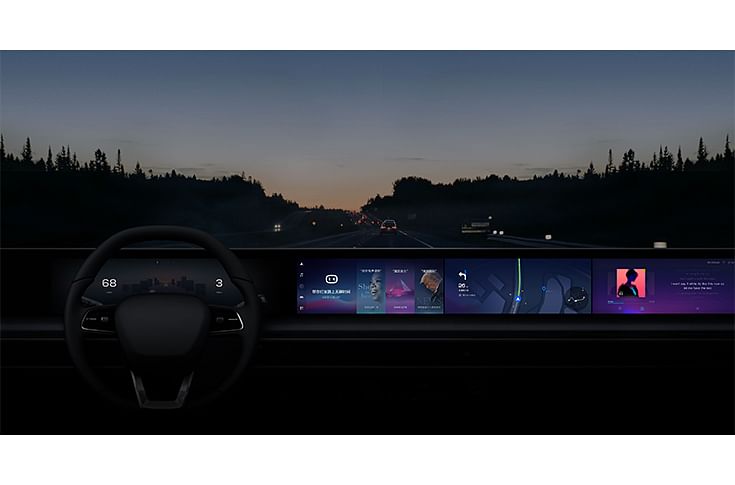Baidu partners Wind River for autonomous vehicle solutions
Baidu, the Chinese language internet search engine and Wind River, the US-based software company have announced their partnership at CES 2020 for developing new autonomous vehicle solutions
Baidu, the Chinese language internet search engine has collaborated with US-based software solution provider, Wind River to develop an autonomous vehicle solution. A joint proof of concept has been developed to include an AUTOSAR Adaptive–based software architecture with Baidu’s Apollo autonomous driving open platform, designed to meet the specific challenges of the next generation of software-defined automobiles.
Brenda Herold, vice president of market segment teams at Wind River said, “The complex and varied challenges that come with autonomous driving, coupled with vastly different perspectives across carmakers, make for a difficult road to mass production. A strong push toward standards can help advance the entire industry. We look forward to working with innovators such as Baidu in an effort to speed the development, testing, and deployment of autonomous vehicles across the industry.”
Jingao Wang, head of Apollo Platform and executive director at Baidu said, “Standards are needed in order for the industry to make significant steps forward. A secure and reliable open platform can assist companies in more rapidly creating autonomous systems as well as helping technologies across the ecosystem be more interoperable.”

Interior of Baidu autonomous vehicles
The proof of concept highlights the Baidu Apollo autonomous framework and Wind River AUTOSAR Adaptive–based software architecture, supporting heterogeneous systems with mixed-criticality of safety requirements. Open-source software, such as non-safety critical applications (infotainment, for example), can run on Wind River Linux, while a proven commercial RTOS such as VxWorks can support safety-critical applications that require deterministic performance. Using a software architecture that can successfully house both safety-critical and non–safety-critical applications on the same piece of hardware, carmakers can achieve significant savings on bill of materials (BOM) costs and power consumption in the vehicle.
Wind River claims that it could create computing environments to accommodate multiple Linux-based workloads that are designed to function seamlessly with the hard real-time, deterministic VxWorks RTOS, giving customers the ability to cost-effectively combine open source with the safety and reliability of time-tested certified computing software.
Also read: Elektrobit’s software to power Baidu’s system for autonomous vehicles
Geely and Baidu collaborate for intelligent connected vehicles
RELATED ARTICLES
Autoliv Plans JV for Advanced Safety Electronics With China’s HSAE
The new joint venture, which is to be located strategically near Shanghai and close to several existing Autoliv sites in...
JLR to Restart Production Over a Month After September Hacking
Manufacturing operations at the Tata Group-owned British luxury car and SUV manufacturer were shut down following a cybe...
BYD UK Sales Jump 880% in September to 11,271 units
Sales record sets the UK apart as the largest international market for BYD outside of China for the first time. The Seal...






 By Autocar Professional Bureau
By Autocar Professional Bureau
 08 Jan 2020
08 Jan 2020
 7117 Views
7117 Views





 Ajit Dalvi
Ajit Dalvi




